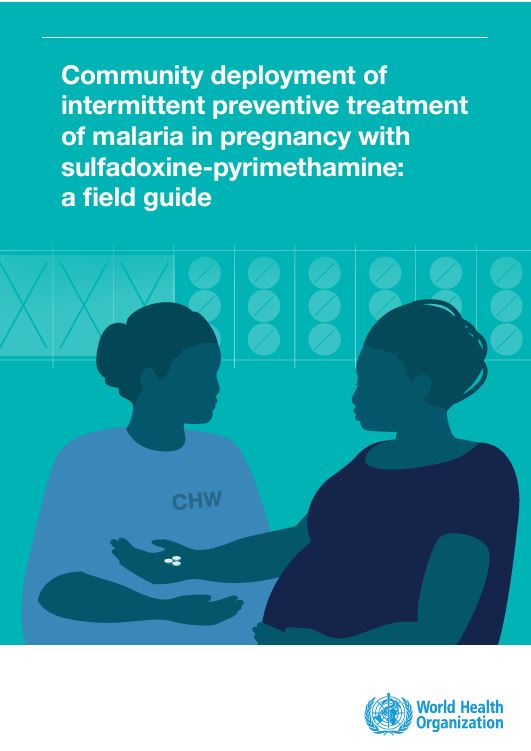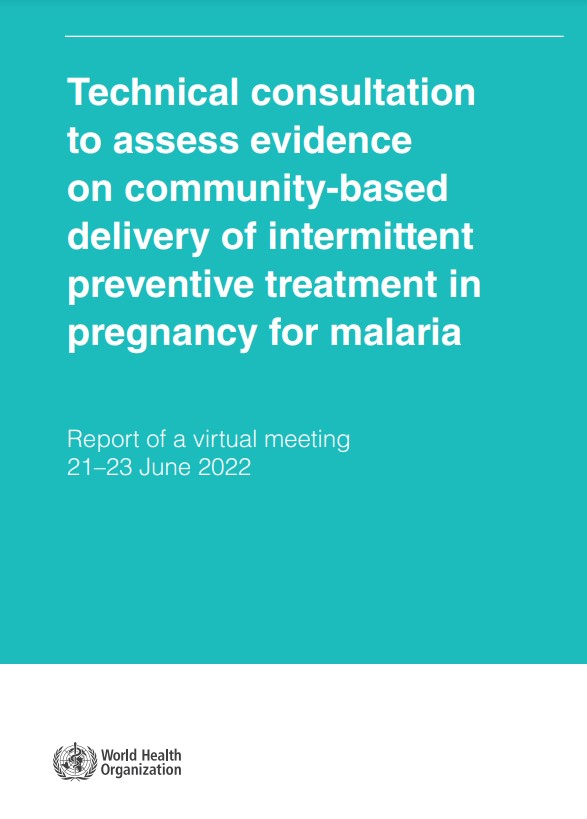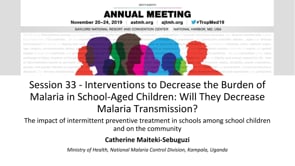Last Updated: 02/09/2025
Intermittent preventive treatment with dihydroartemisinin-piperaquine: a new malaria strategy to prevent adverse birth outcomes in Papua, Indonesia
Objectives
To support the Indonesian Ministry of Health to identify the best way to deliver a new preventive regimen for the control of malaria in pregnancy called intermittent preventive treatment (IPT).
Liverpool School of Tropical Medicine (LSTM), United Kingdom
Malaria in pregnancy is a major cause of maternal and neonatal death in Papua, Indonesia. In our recent trial in Papua we showed that monthly intermittent preventive treatment (IPTp) with the long-acting artemisinin-based combination dihydroartemisinin-piperaquine (DP) among pregnant women in the second and third trimester protected with long-lasting insecticide-treated nets was safe, tolerable and efficacious compared to the current policy of single screening at ANC booking and treatment of RDT-positive cases. The Ministry of Health (MOH) Indonesia now plans to pilot the strategy in the routine health system in Papua, Indonesia. This study will assess the programme effectiveness of IPTp-DP delivery through antenatal care services and women’s adherence to the monthly 3-day DP treatment regimen in a ‘real life’ setting. The study will be undertaken in nine community health centres in the lowlands and their associated health posts in Timika city. In the first 18 months, we will support MOH to implement the intervention using quality improvement (QI) approaches to continuously strengthen service delivery, uptake and adherence through plan-do-study-act cycles. We will also support the MoH to collect safety data for pharmacovigilance. A mixed-methods evaluation will be conducted towards the end of the pilot using exit interviews to assess delivery effectiveness, home visits to assess adherence, and qualitative research to explore provider perceptions of the drivers of successful integration, scalability and user acceptability. The primary outcome is adherence and delivery effectiveness, defined as the proportion of pregnant women who receive the first dose of IPTp-DP by DOT at ANC and have the correct number of DP tablets for subsequent doses on exit, and when visited at home have verified they completed the course. We will also determine cost-effectiveness compared to current policy and the cost of implementing IPTp-DP from the provider (MOH) perspective.
Jan 2021 — Aug 2023
$1.46M


